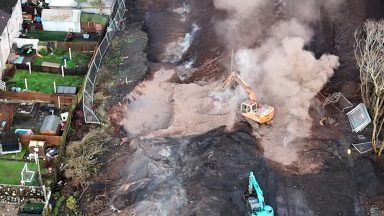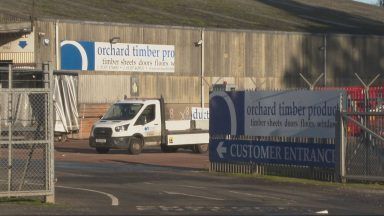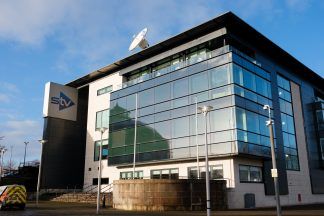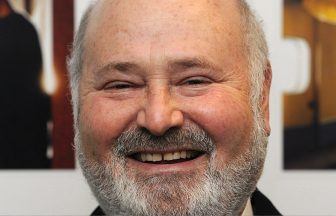Rail passengers in Scotland are set for a major connectivity boost, as a new UK Government deal aims to eliminate mobile signal blackspots on some of Britain’s busiest train routes.
Transport secretary Heidi Alexander announced the landmark agreement – entitled Project Reach – on Thursday.
It will upgrade digital infrastructure across the network, with Glasgow Central and Edinburgh Waverley among 12 major stations to receive new 4G and 5G coverage.
The move comes as millions of rail users regularly face dropped calls and patchy signal on routes including the East Coast and West Coast main lines.
Scottish travellers heading south or across the central belt often experience long stretches without mobile data or call signal, particularly in tunnels and rural sections of track.
Network Rail, working with telecoms partners Neos Networks and Freshwave, will begin installing over 1,000 kilometres of fibre-optic cable, with ambitions to expand to 5,000 kilometres. The project will also tackle 57 signal blackspots in tunnels – equivalent to nearly 50 kilometres of coverage improvements.
Work is due to start in 2026 and be completed by 2028.
Alexander said the upgrades would “revolutionise journeys from Edinburgh to Euston and beyond, boosting connectivity, improving reliability and helping to grow the economy.”
She added: “By boosting connectivity and tackling signal blackspots, we are also ensuring a more reliable and efficient service.
“This means better journeys for passengers while supporting our broader Plan for Change goals of economic growth and digital innovation.”
Freshwave will focus on improving signal in notoriously poor areas, including long tunnels, while Neos Networks will lead the fibre infrastructure rollout. The partnership between government and private firms is expected to save taxpayers around £300m.
The enhanced telecoms network will also improve train operations, helping staff monitor assets in real time and introducing new safety features. It forms part of a wider effort to modernise Britain’s railways ahead of the transition to Great British Railways, a unified national rail body.
Jeremy Westlake, Network Rail’s chief financial officer, said the deal “delivers better value for taxpayers while supporting a data-driven, more reliable railway.”
The announcement builds on previous government plans to introduce satellite internet access on mainline trains – part of a broader effort to improve Wi-Fi speeds and availability across the rail network.
Follow STV News on WhatsApp
Scan the QR code on your mobile device for all the latest news from around the country


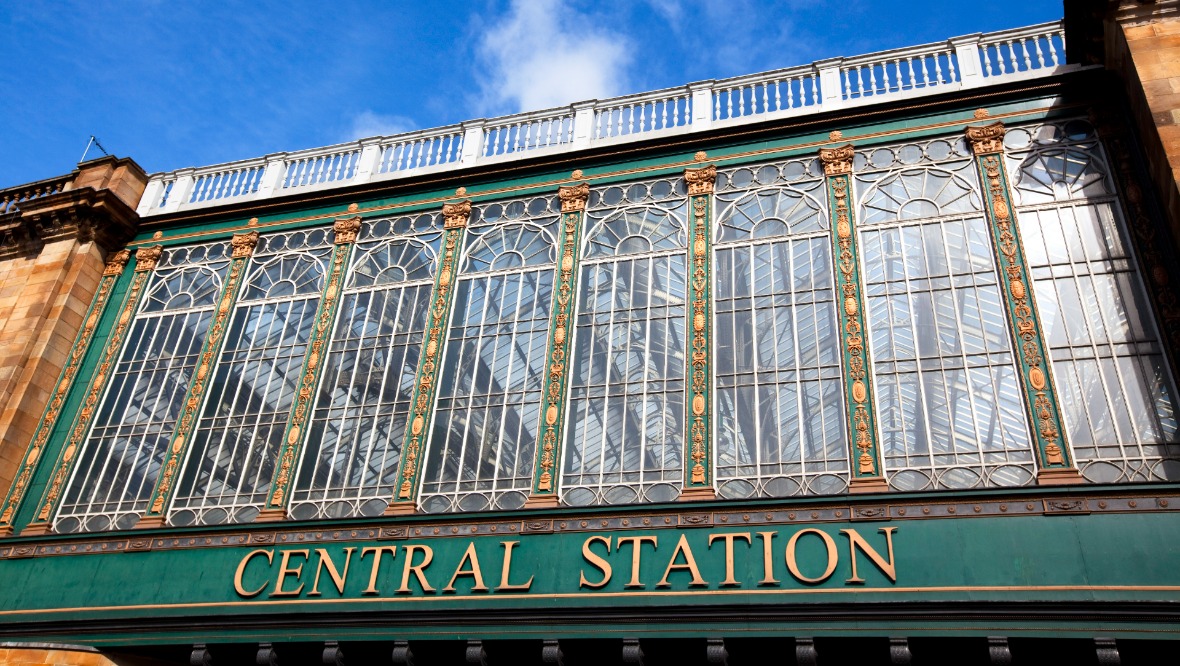 iStock
iStock








